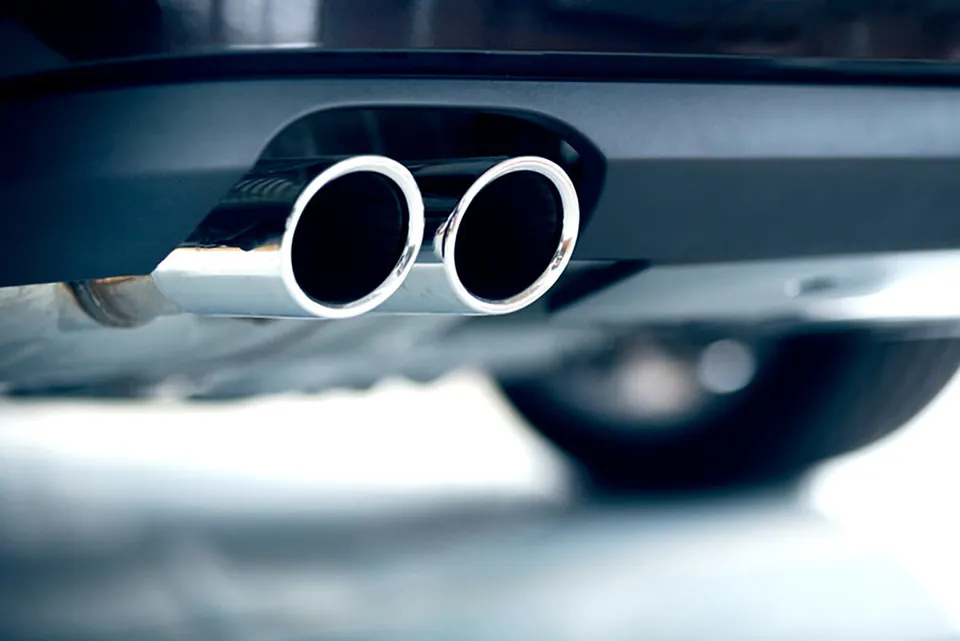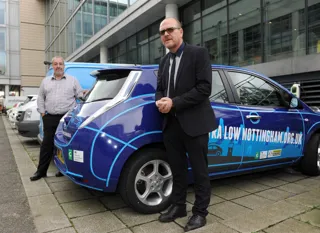The Government has suggested that Birmingham City Council is dragging its feet after not providing a preferred plan for improving air quality.
It is one of six cities, along with London, Derby, Leeds, Nottingham and Southampton, which have to introduce clean air zones (CAZs) before 2020.
Local authorities need to set out their initial plans by March, with final plans submitted by December.
However, in a letter to the leader of Birmingham City Council, Councillor Ian Ward, environment minister Therese Coffey said she was disappointed with the council’s lack of progress.
“I find this very concerning, especially considering the level of funding and support the Government is giving Birmingham City Council to accelerate your plans to improve air quality,” she said.
“It would appear that the council is not giving this matter the urgency it requires and delaying making the decisions necessary to ensure action can be taken as quickly as possible.”
She added that she understood that forthcoming elections at the local authority could be making policymakers nervous about publishing proposals, but she highlighted how Leeds City Council’s plans had been positively received.
She signs off by saying she “looks forward” to seeing revised plans from the council “as soon as possible”.
Councillor Lisa Trickett, Cabinet Member for Air Quality at Birmingham City Council, said: "We can assure the minister of our absolute commitment to tackling this issue and meeting the 2020 requirement for compliance. We will develop our policy response when we have the full evidence base before us. We now have the Government data and need to understand what that means for our city and citizens.
"We have always been very clear that air pollution is a major public health crisis and is responsible for up to 900 early deaths a year in Birmingham, which is completely unacceptable. We remain committed to working with the Government to tackle that crisis.”
On its website, Birmingham City Council says that is currently considering how Birmingham’s CAZ will work.
“The results of this work, together with the results of the Government’s consultation, will help us to make a detailed plan about how Birmingham approaches this challenge,” it says.
However, it says that the exact location of the zone is “not yet known”, and the types of vehicle which could be charged to enter have "not yet been decided". A full local public consultation is likely to take place in 2018, it says.





















Login to comment
Comments
No comments have been made yet.